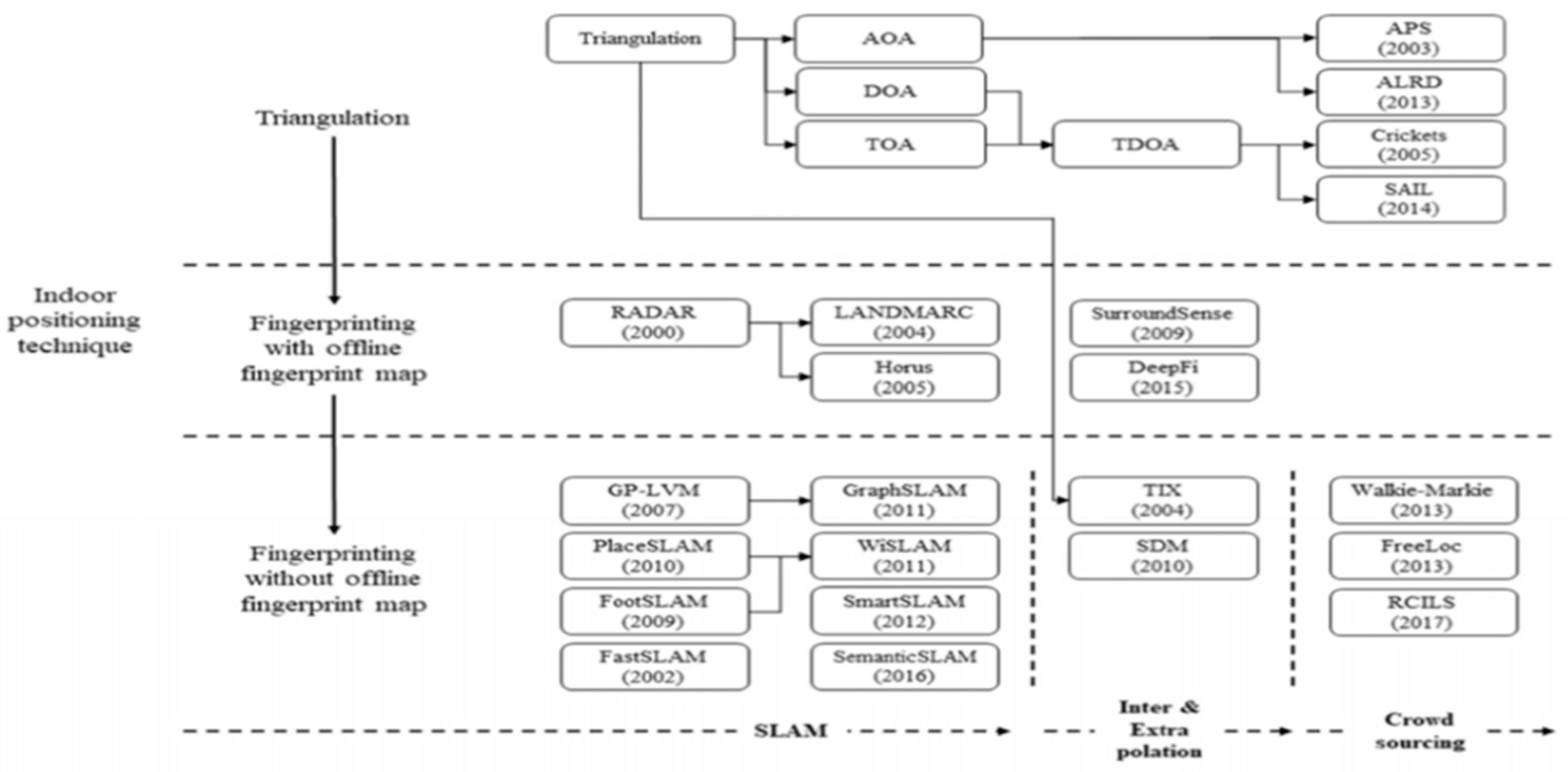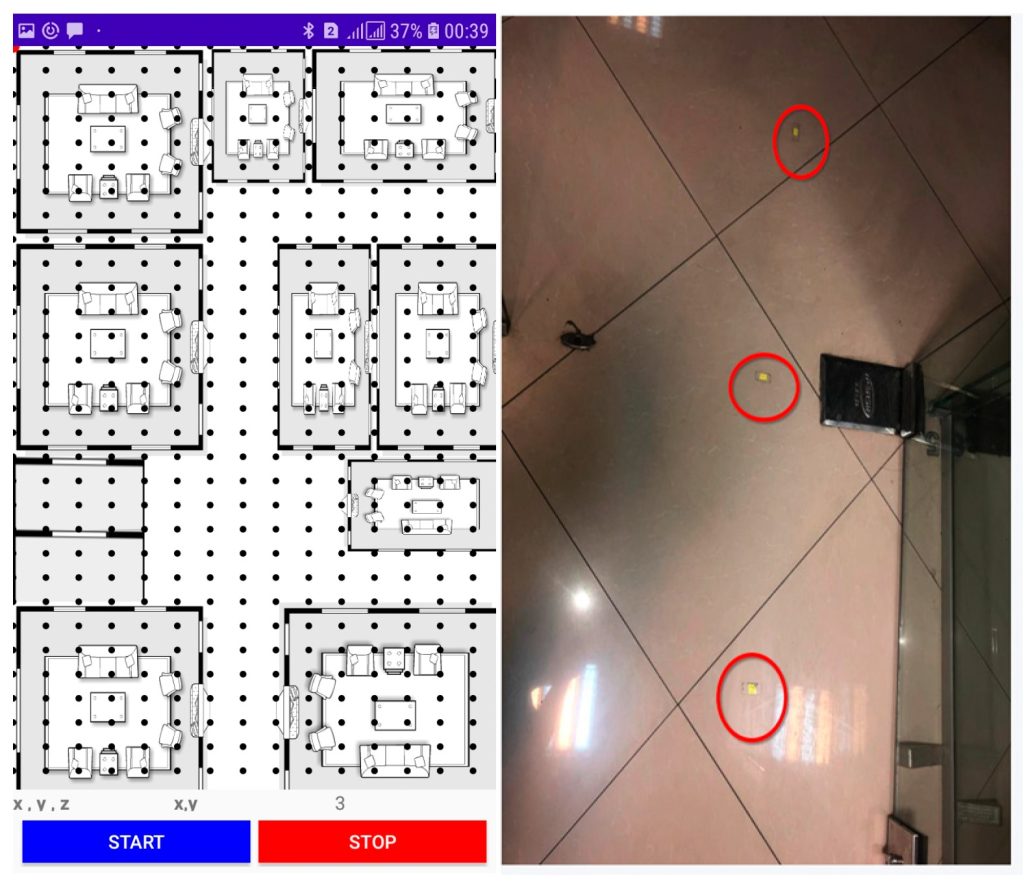There’s new research that explores advanced methods for indoor localisation focusing on Bluetooth Low Energy (BLE) and fingerprinting techniques. Due to the limitations of GPS in indoor environments, this study evaluates alternative methods, including novel algorithms and hybrid approaches, for improving localisation accuracy.

Key insights include the Positive Weighted Centroid Localisation (PWCL) algorithm, which prioritises stronger signals, and the HYBRID-MAPPED method, which integrates multiple filtering techniques like outlier detection and mapping filters. These methods were tested in a real-world environment with 47 sample points, employing Bluetooth LE based iBeacon devices to collect data. The experimental setup included mapping a space onto a coordinate system and implementing four localisation strategies.

Results demonstrated that PWCL outperformed the traditional Weighted Centroid Localisation (WCL) algorithm by reducing errors. The HYBRID-MAPPED approach achieved the highest accuracy with an average error of 1.44 metres, a significant improvement over WCL’s 2.51 metres. The study’s findings underscore the effectiveness of combining BLE with filtering techniques to overcome noise and environmental challenges.
The research highlights potential applications in healthcare, retail, and other public settings, where accurate indoor localisation is critical.
Related Posts

